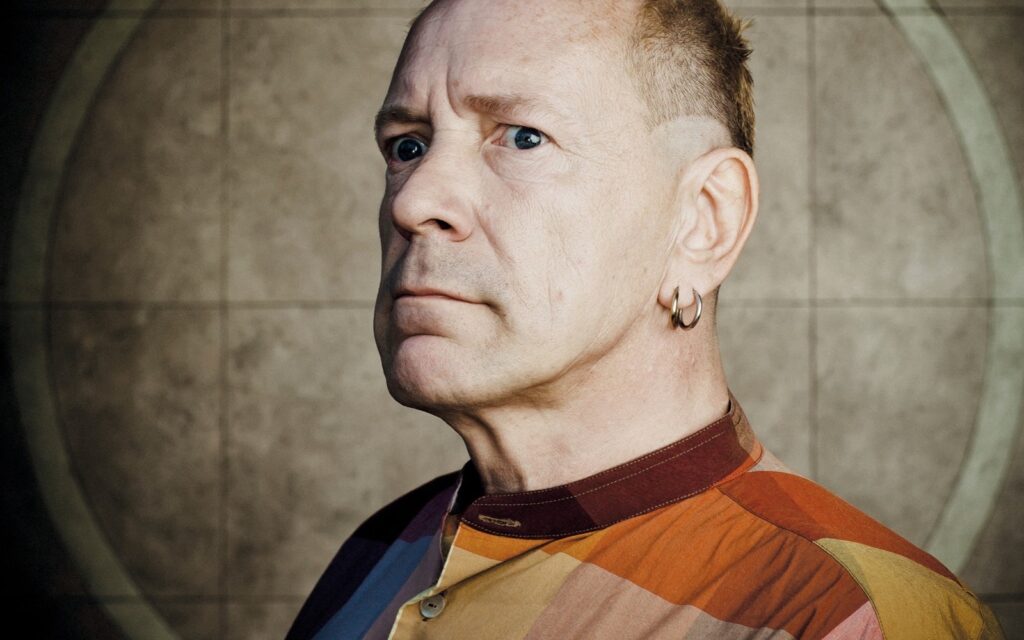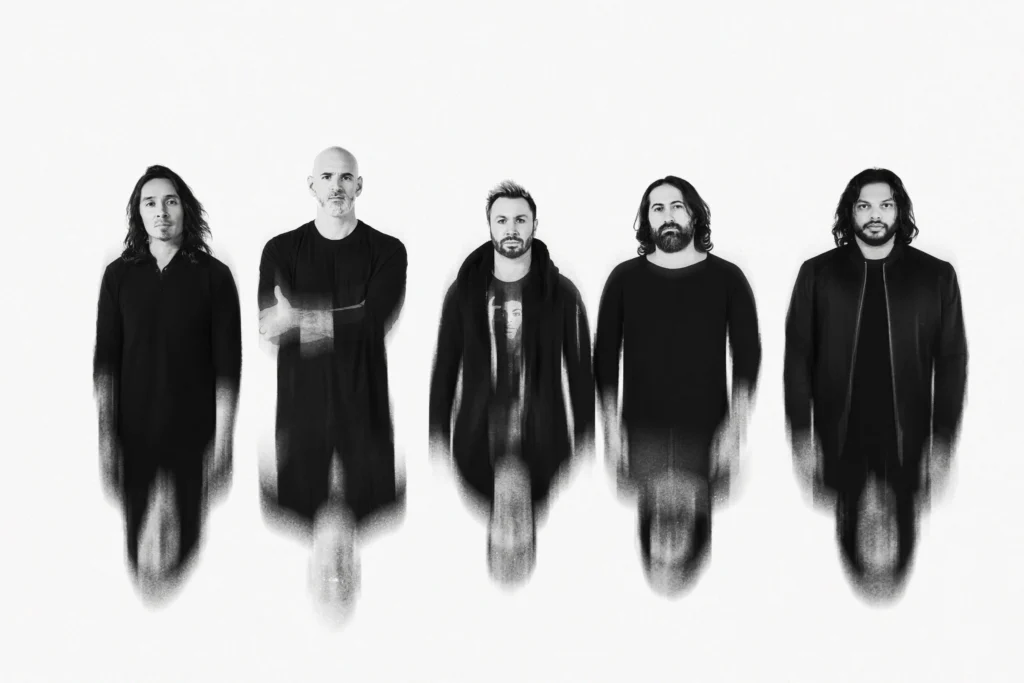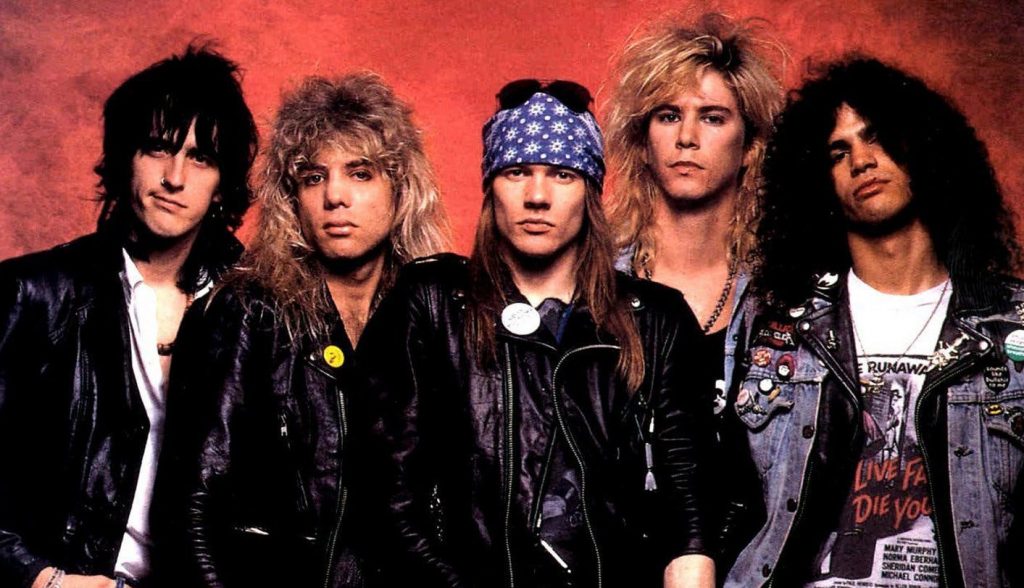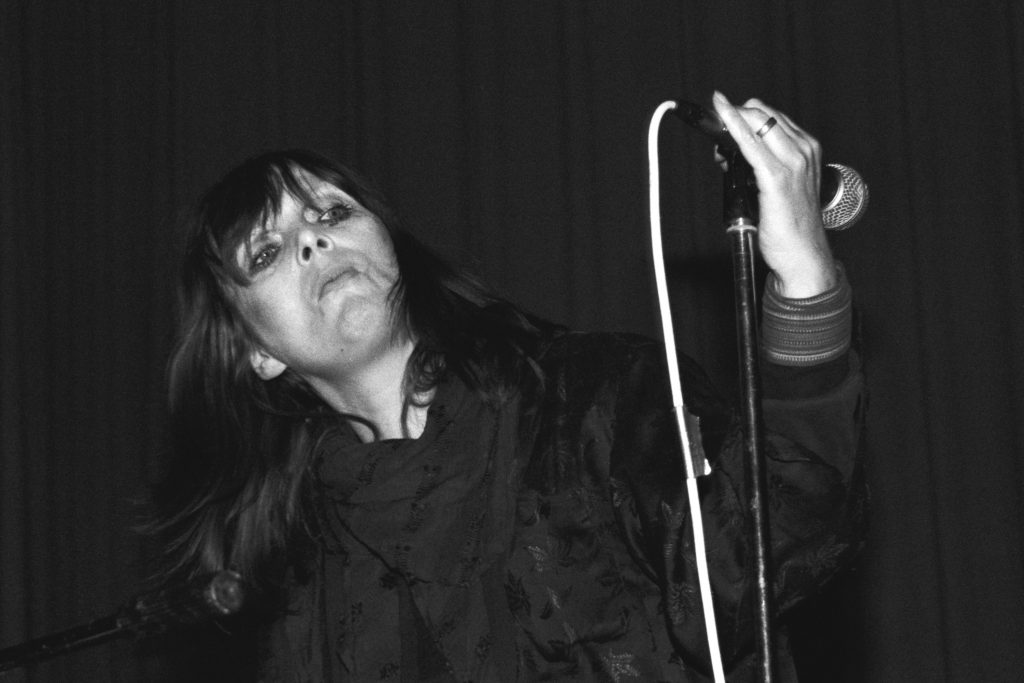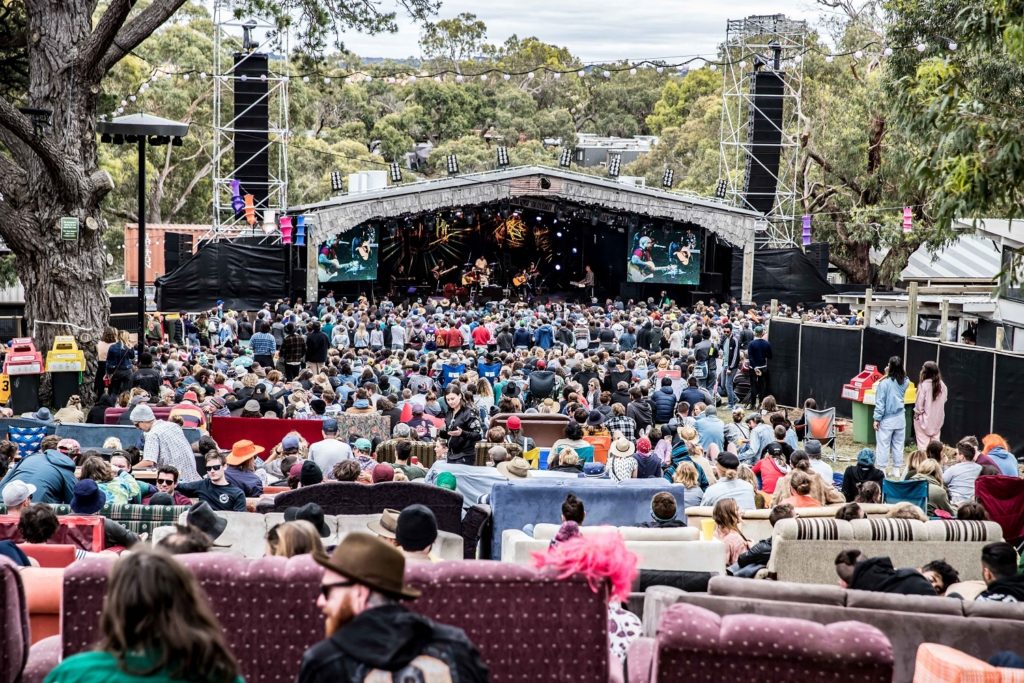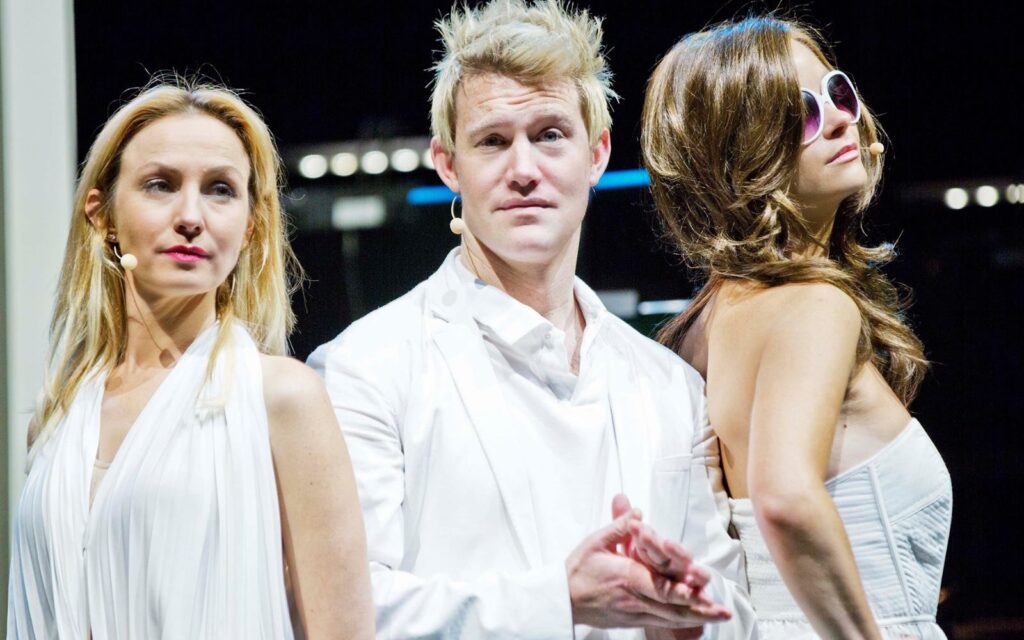We mentioned him only briefly, as he and daughter Anoushka had both been nominated (separately) for Grammy awards for best world music album the week before. Jones was on tour in Argentina when we spoke and said she hadn’t heard the good news, shrugging it off. “I’m kind of in no-man’s land at the moment!” The day after the nominations were announced, Shankar had undergone heart-valve surgery at a hospital in California, and was suffering respiratory difficulties by the time of our interview a couple of days later. If that news had reached her and there was worry in the back of her mind, she didn’t show it; she spoke cheerfully about Argentina (“It’s hot – Texas hot!”), her strong working relationship with Brian ‘Danger Mouse’ Burton, and how journalists are the worst. Shankar died the next day.
The loss is obviously a sad one for both Jones and the music world as a whole, but the Texas-raised, New York-based singer seems to be getting better at working through pain in her music. Her last two albums, 2009’s The Fall and last year’s Little Broken Hearts, both dealt with the fallout from difficult breakups, and as a pair seem to represent the beginning of a second age of Norah Jones. After selling ten million copies of her debut on Blue Note Records, the enticingly subdued Come Away With Me, she released two more albums in a similar vein while collaborating with OutKast, Ray Charles, Willie Nelson, Ryan Adams, Mike Patton and a litany of other stars who couldn’t get enough of her smoky voice, before heading in a more indie-rock direction with The Fall, writing with Adams and Will Sheff.
For Little Broken Hearts, she limited her collaborators to just one – producer Brian Burton, whom she’d befriended while working on the Danger Mouse/Daniele Luppi album project Rome. “He has an amazing ear for melody, and he’s a great songwriter,” Jones says. “I was looking for somebody to work with, and I was trying to do something different and interesting. And I didn’t have any songs after my last album, and I wasn’t writing a lot, and he wanted to go in and write together – which I had never really tried. I’d written songs with other people before – friends mostly – but I had never gone in with the purpose of writing a bunch of songs with somebody – it’s usually a little less planned out.”
As the album took shape, becoming focused on a story of betrayal and breaking up that took some inspiration from Jones’ last relationship, they exchanged influences (“He likes twangy guitars, and I like twangy guitars, but we like them in very different ways… I like country music, but he likes Morricone twangy guitars!”) and ideas. The album that emerged was a different beast again from The Fall, with Burton’s signature sparkling-analogue pop production nuzzling up against Jones’ torch-singer tones and newfound adventurousness in her subject matter (more on that later).
“I don’t think anybody was trying to push anybody in a weird direction so much as we were both really open,” she says. “And I was in his [studio] space, so of course I was looking for stuff that he did that I don’t do in my own space. And that was really nice just to get somebody else’s take on things.”
The cover of Hearts is based on the poster for Russ Meyer’s Mudhoney – one of several Meyer posters hanging in Burton’s studio. It’s tempting to assume that the album’s dark tone might have been influenced by the choice of this aesthetic, but Jones seems to have been feeling a little stabby after the latest breakup. Miriam – a single, somehow – is a simple, lovely lullaby that reveals itself as a murder fantasy in the last line. “I’d worked through most of it, it’s just…” Jones thinks for a moment. “Y’know, we all go through this stuff. It’s nothing new. So it makes for good material sometimes. And it’s fun to write with Brian – he writes pretty dark stuff too, so it kinda added to the darkness. But it was really fun, and a fun process. It’s weird – the album is dark, but we had a lot of fun working on it.”
It’s hard to phrase a question about The Departure or The New Sound, to compare the Danger Mouse album to the one that was in every café, car and cocktail lounge a decade ago, without sounding a bit patronising. “Tell me about it!” laughs Jones, not without an edge. “But it doesn’t matter. People sensationalise things too. Is it that different? Yeah, it’s a little different. But is it crazy different? Well, no, it’s not a black metal record. Is it a nice change? Yeah, great! Okay! You either like it or you don’t, and you either like me or you don’t. I don’t know. I’ve stopped analysing it.”
The sweet-voiced Jones is, in conversation, what a fellow Texan might call a straight shooter. When I ask if she ever reads her press, she turns the question back on me bluntly.
“No, I think it’s destructive. Are you going to tell me about it now? Are you one of those people?” (Not after Miriam, I’m not.) It can be hard to clamber out from under the shadow of a truly ubiquitous record, and Jones has managed it, for the most part. Come Away With Me is an unassuming record that happens to make for lovely background noise, and it was abused as such. There’s a sense among some critics that no matter how many times she works with Will Sheff, Mike Patton, Q-Tip, Charlie Hunter or Dolly Parton, Jones will still be that nice singer your mum likes – nice if you’re charitable, boring if you’re not. That’s a perception that’s likely to dog her for her whole career, and she’s had a decade to work this out and decide how to handle it.
“I don’t read it,” she says. “I’m smart enough to know that what really matters is that I love what I do. And I connect with my audience – they come to the shows, and I feel great. And, y’know, do I care what a snarky journalist thinks? Sure, if I obsess on it I would. But I don’t, so what’s the point? There’s haters out there for every single artist these days, because the internet is just a crazy place. So why get hung up on it? It’s high school.”
Public perception is few musicians’ favourite topic, but Jones gives the impression that she gets it all the time. “It’s just funny when you’re on tour,” she sighs, “and having a good time, and people keep asking, ‘Don’t you feel misunderstood?’ And I’m like, ‘Well, I didn’t before, but thanks for telling me that I am. Jesus!’ But I actually don’t. I feel pretty good.”
I give in to the familiar impulse to offer a sort-of apology for my profession. “I think a lot of music journalists like to think that they are the only ones who understand an artist, and everyone else is wrong.”
“I know!” she says. “But I don’t understand half the stuff they like, so we’re even.”
Norah Jones might exist in your mind as sweet, young and starry-eyed, but my main takeaway from our chat is that she is strong, smart and not to be fucked with. “You just have to be confident in what you’re doing, and not let stupid things distract you and tear you down,” she says simply. “And I’ve always made music from the heart, and I’ve always done what I do because I enjoy it. And I’ve never done it for a quick buck, or to get on top of something silly. I’ve always done that, and I always will.”
BY CAITLIN WELSH


